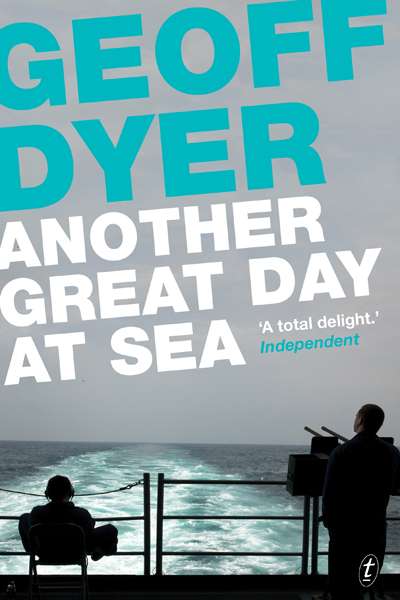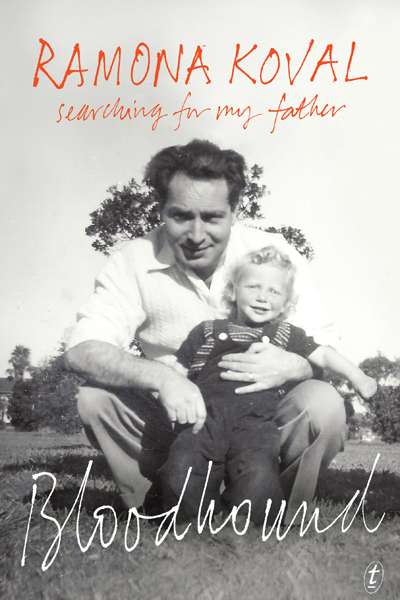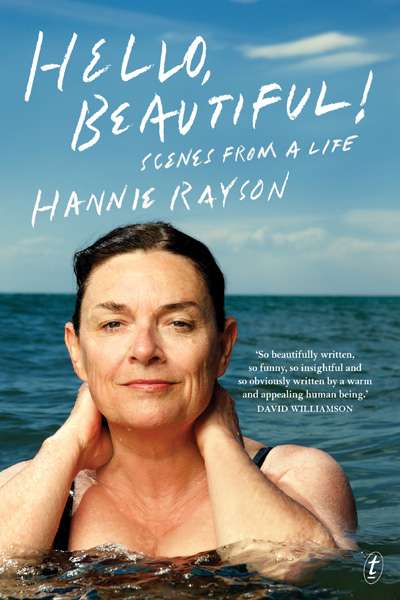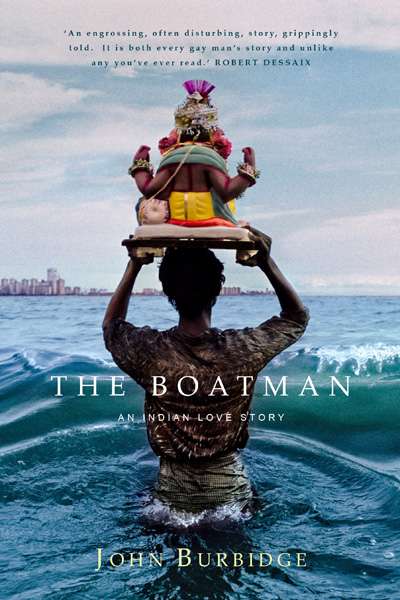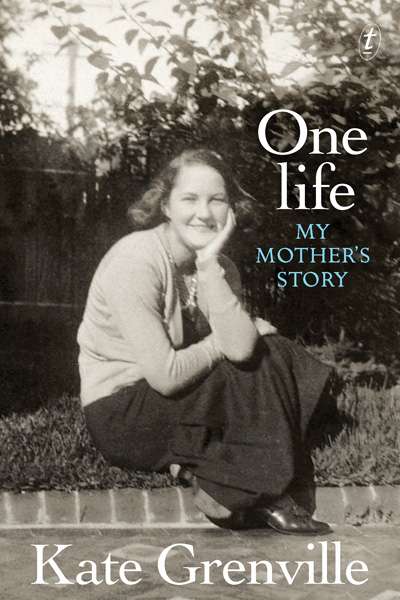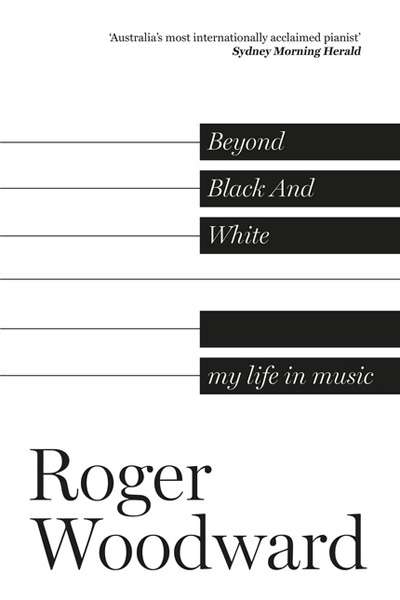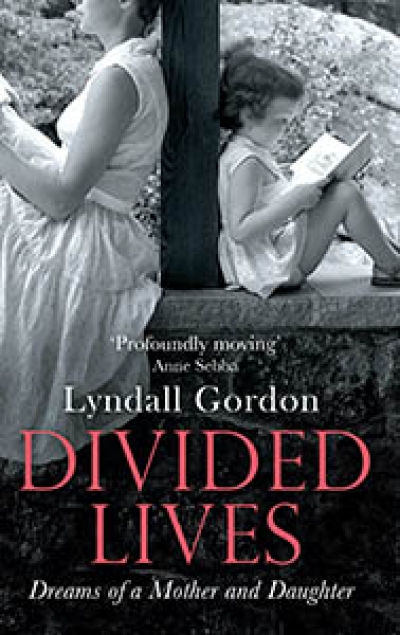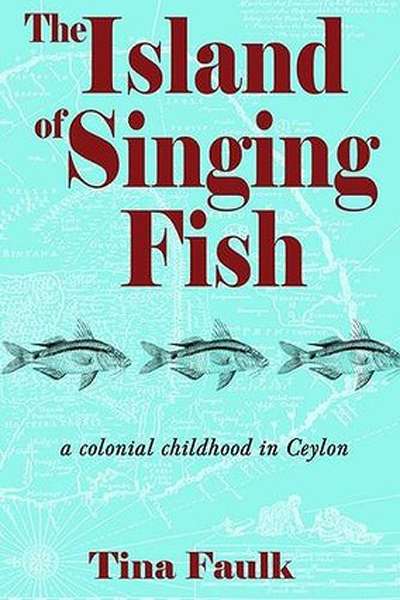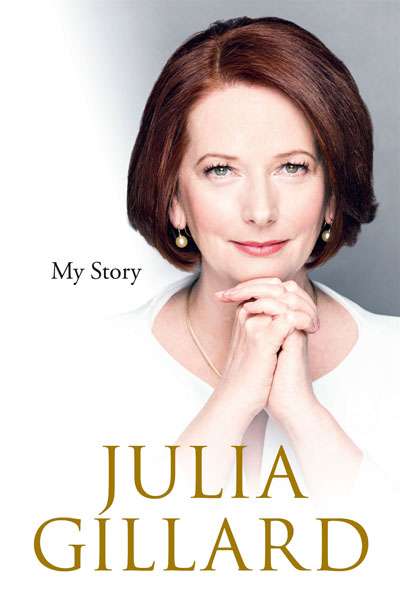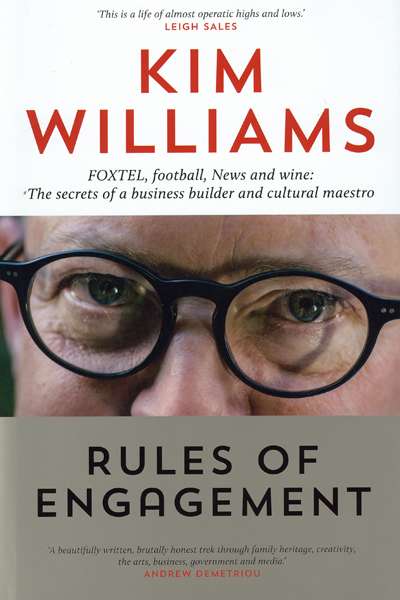Memoir
Despite their disparate subject matter, the central concerns of Geoff Dyer’s books remain the same. Whether he is writing about photography, D.H. Lawrence, taking you scene-by-scene through Andrei Tarkovsky’s Stalker, or, as in Another Great Day At Sea, spending two weeks aboard a US aircraft carrier, his abiding concerns – the self, the nature o ...
This engaging but disturbing memoir describes Ramona Koval’s obsessive attempts to find herself another father than the one who had brought her up, the ‘Dad’ who was married to ‘Mama’. Dad and Mama, along with most of their circle in 1950s Melbourne, were Jewish immigrants from Poland, among the tens of thousands who came to Australia as displaced persons ...
John Burbidge’s The Boatman was first published last year in India, by Yoda Press. Its moving afterword describes Burbidge’s return to India last year for the book launch and his attendance at an LGBT pride march there. Burbidge was struck by how strongly the cause of sexual rights had been embraced by other elements of Indian society who also face discri ...
Kate Grenville’s mother, Nance Gee (née Russell), was an extraordinarily resourceful, resilient, and interesting woman. Born in 1912 to ill-matched, working-class parents and surviving a childhood lacking in stability and opportunity, she went on to become an inspirational mother, businesswoman, and teacher. Some years after her death in 2002, Grenville began sor ...
There are two Roger Woodwards in Beyond Black and White. One vividly brings to life his early years as an imaginative and highly talented boy whose future was determined when, at the age of seven, he first heard the music of Bach. The second presents the adult Woodward, whose memoirs relate in punctilious detail his fifty-year career as an acclaimed pianist.
It may seem contradictory for a man declared a ‘pianistic genius’ and ‘the greatest living performer of contemporary music’ (both accolades are on the book’s back cover), but Woodward’s recollections of his childhood in Sydney form by far the most lively and entertaining chapters in the book. His encounters with illustrious composers, conductors, and musicians often read like formal reports. Woodward’s inner life as an adult is overshadowed by minutiae and long lists – of people, places, musical scores, performances – so many in fact (one comprises forty-five consecutive names in a single paragraph) that they impede the narrative.
... (read more)Two thirds of the way into Lyndall Gordon’s part memoir, part maternal biography, there is an episode of profound risk to the self. At the age of twenty-four, having recently moved from Cape Town to New York, Gordon is being treated for post-partum depression. This is 1966. Electro-convulsive therapy seems not to have helped, and her psychiatrist is urging longer-term treatment in an asylum in order to turn her – so it seems to Gordon – into the self-sacrificing wife and mother her own mother had wished her to be. Her husband, who has hitherto supported Dr Kay, makes a sudden turn. ‘Do something with your life … I’ve always thought you could write biography.’
... (read more)The Island of Singing Fish: A colonial childhood in Ceylon by Tina Faulk
Two government acts shaped Tina Faulk’s life: Ceylon’s 1956 Official Language Policy Act, known as the Sinhala Only Act, and Australia’s Immigration Restriction Act of 1901, better known as the White Australia policy. The first virtually disenfranchised not only Faulk’s Burgher community, but also Sinhalese and Tamil middle-class élites, whose primary language, outside the family circle, was English. Countless Burghers were civil servants and, even if multilingual, were now unable to compete with Sinhalese-educated people for post-Independence public service positions. Similar selection criteria applied to military and commercial jobs.
... (read more)Much like her government, Julia Gillard’s memoir resembles the proverbial curate’s egg. Where her passions are involved, as with education (‘Our Children’) or the fair work laws, we are provided with a compelling policy read. Where they are not, as in large slabs of foreign policy, the insightful competes with the pedestrian, enlivened admittedly with her personal talents in handling the great and the good – handballing a football with Barack Obama in the Oval Office, for instance. A chapter on ‘Our Queen’ and the republic is rather jejune, though Gillard has a nice line on changes in the royal succession as providing ‘equal rights for sheilas’. The fact that ‘every prediction the departments of Treasury and Finance ever made about government revenue turned out to be wrong’ makes for dispiriting reading on fiscal matters.
... (read more)What this is not, as Kim Williams is quick to tell us (introduction, paragraph two), is a dog-bites-Murdoch account of that nasty business in August 2013 that saw Williams summarily ousted as chief executive of News Corp Australia. Other disgruntled former Ruprechtian courtiers such as former editor-in-chief of The Herald Sun Bruce Guthrie, who sought and won legal redress and indeed wrote an account of his experiences (actually called Man Bites Murdoch), have told their stories, and told them well. But this is not the path of the enigmatic and enlightened Kim. Instead, as he says, this is a book about ‘one of the most precious things in life that drives most of us … our passions’.
... (read more)

